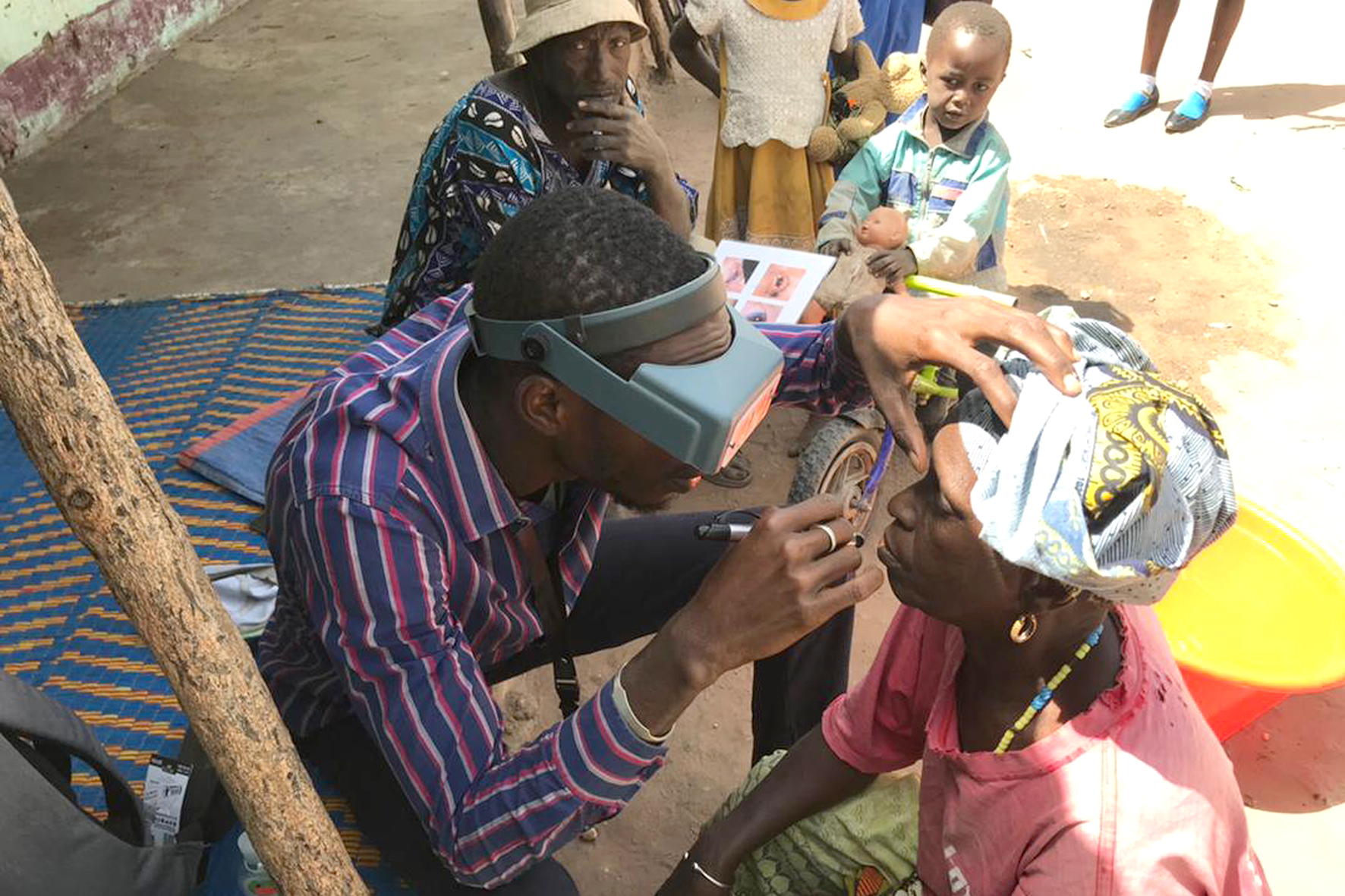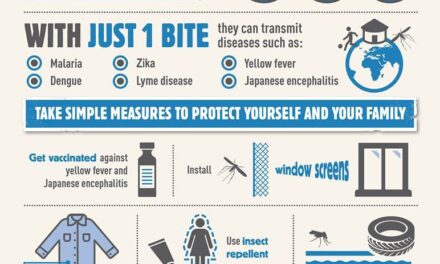In a boost to our egos, a recent study finds that both men and women are quite accurate at assessing their own physical attractiveness. Furthermore, the study suggests that we tend to date and marry individuals who match our level of attractiveness, confirming the notion that we often partner with those in our own “league.”
The comprehensive analysis, led by Gregory Webster, Ph.D., the R. David Thomas Endowed Professor of Psychology at the University of Florida, examined nearly 1,300 opposite-sex couples across 27 individual studies. The findings, published on May 25 in the journal Personality and Individual Differences, indicate a strong correlation between self-assessed attractiveness and the attractiveness of one’s partner.
The research team, which included collaborators from Yale University and the State University of New York at Fredonia, found that individuals who rated themselves as attractive tended to date partners who gave similar self-ratings. This pattern was consistent across the various studies included in the analysis.
The data used in Webster’s study were gathered from couples who were asked to rate their own physical attractiveness. These self-ratings were then compared with objective assessments made by strangers who viewed the participants’ photos.
Webster’s team revisited a landmark meta-analysis from 1988, which collected data on how attractiveness correlated within couples. By applying modern analytical methods to this older data, the researchers were able to gain fresh insights into the dynamics of attractiveness within relationships.
“There’s an extensive line of research on meta-analysis and how to analyze data for couples, but they haven’t really been combined before,” Webster explained.
Although the original data dates back to 1972, Webster believes the findings are still relevant today. He notes that while certain aspects of attraction may have evolved, particularly with the advent of online dating, the fundamental traits that humans find attractive have remained consistent across cultures and over time.
The meta-analysis also explored how self-ratings of attractiveness change over the course of relationships. Some studies focused on young, dating couples, while others examined long-married spouses. The researchers found that men who had been in relationships for longer periods were more accurate in judging their own attractiveness, suggesting that as men age, their self-assessment becomes more realistic.
“Men might be getting more realistic,” Webster said. “Nobody’s usually getting more attractive over time.”
In summary, this study provides compelling evidence that people are quite adept at judging their own attractiveness and that they tend to pair up with partners who match their self-perceived beauty. These findings underscore the importance of self-perception in romantic relationships and offer valuable insights into the dynamics of human attraction.












